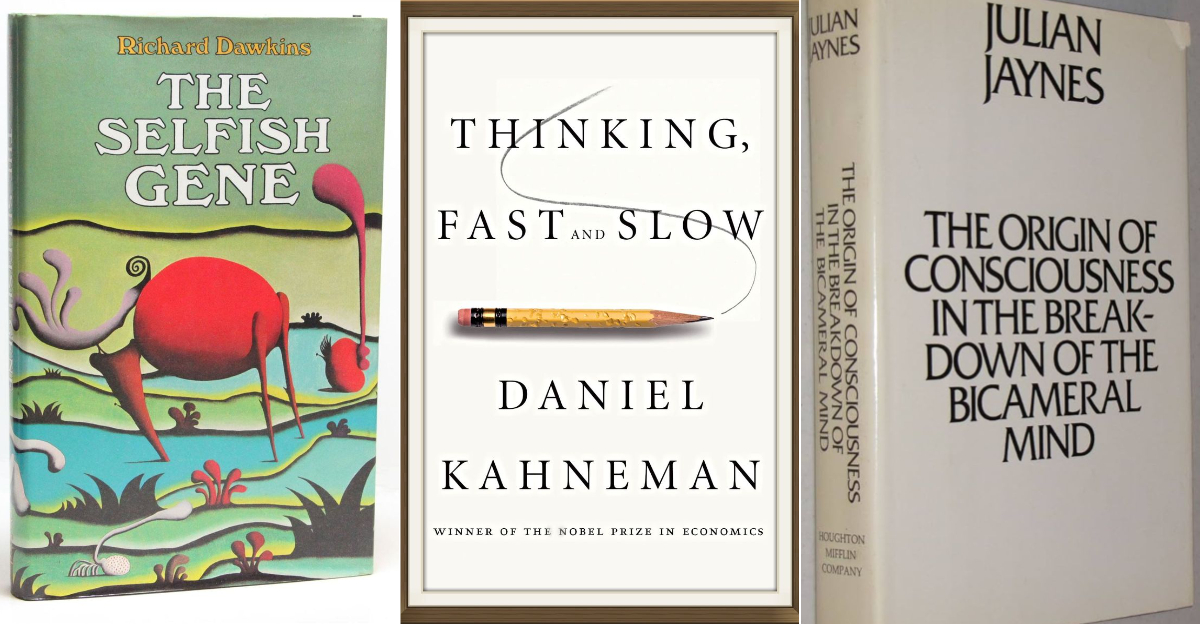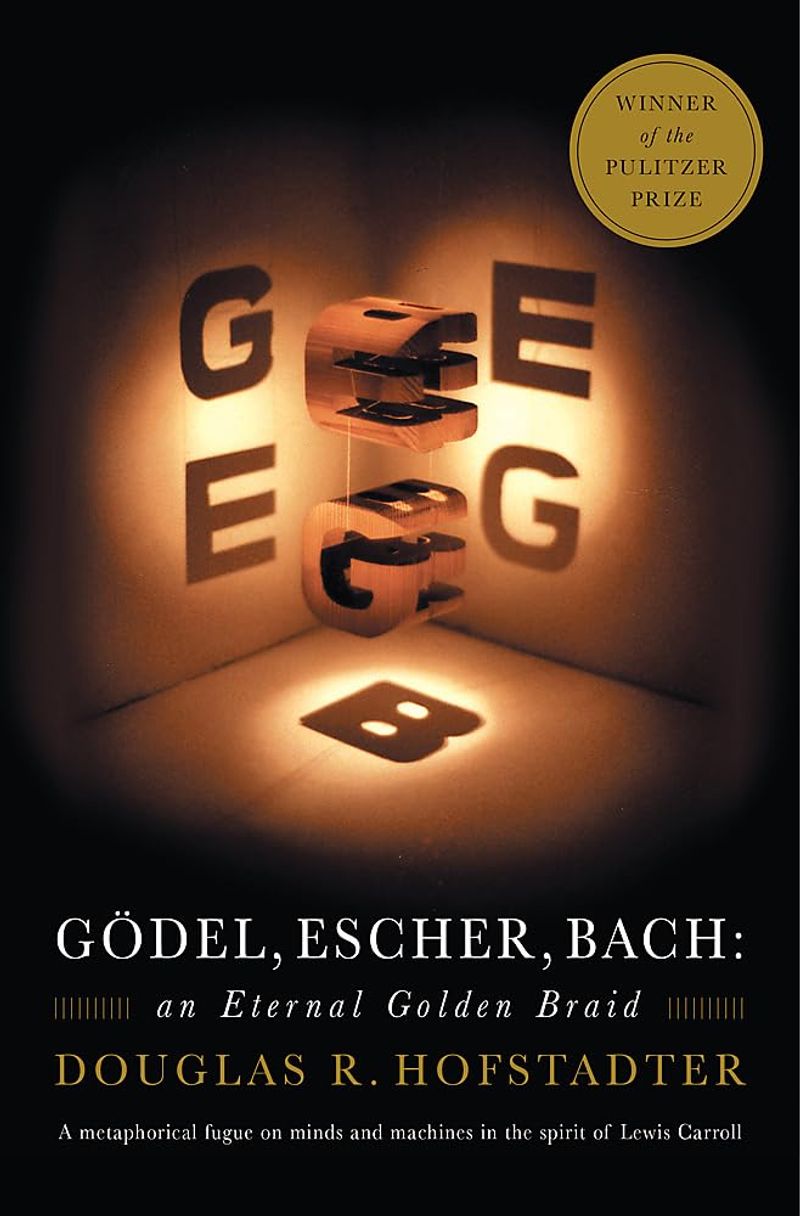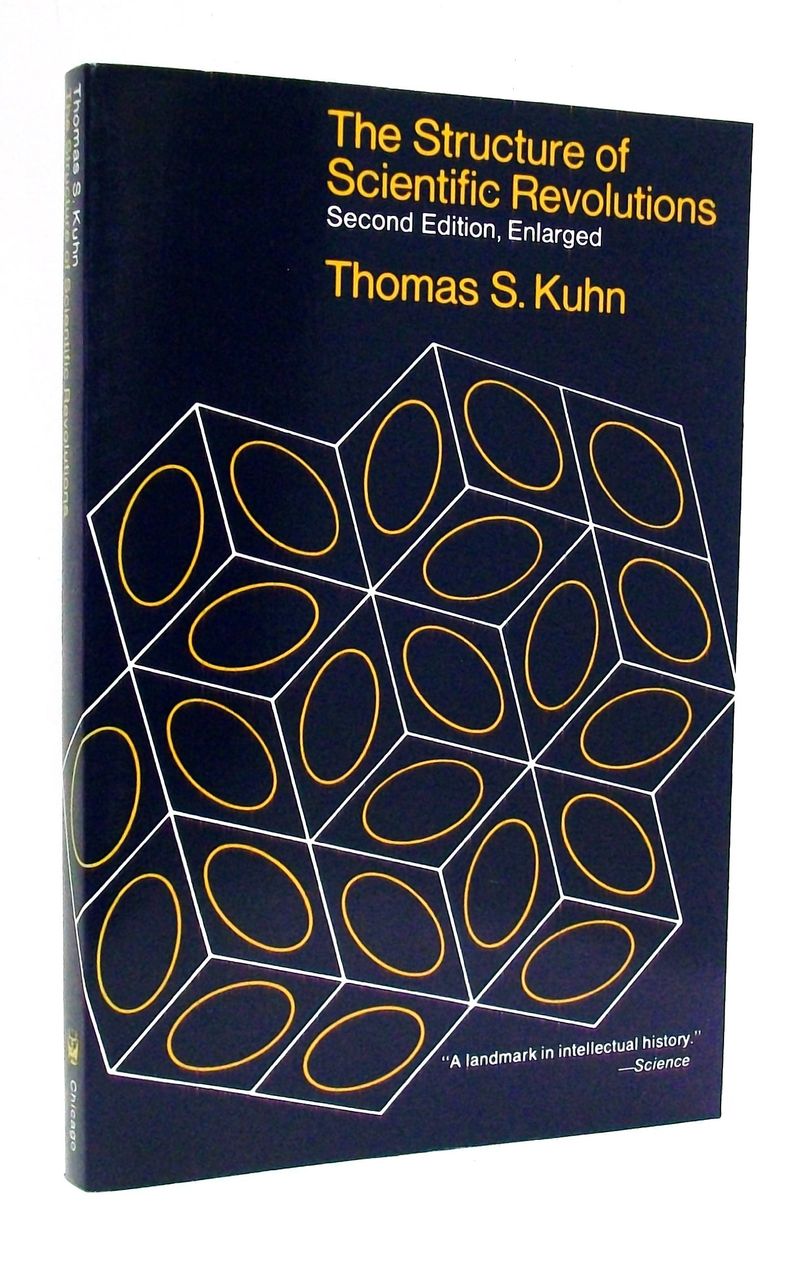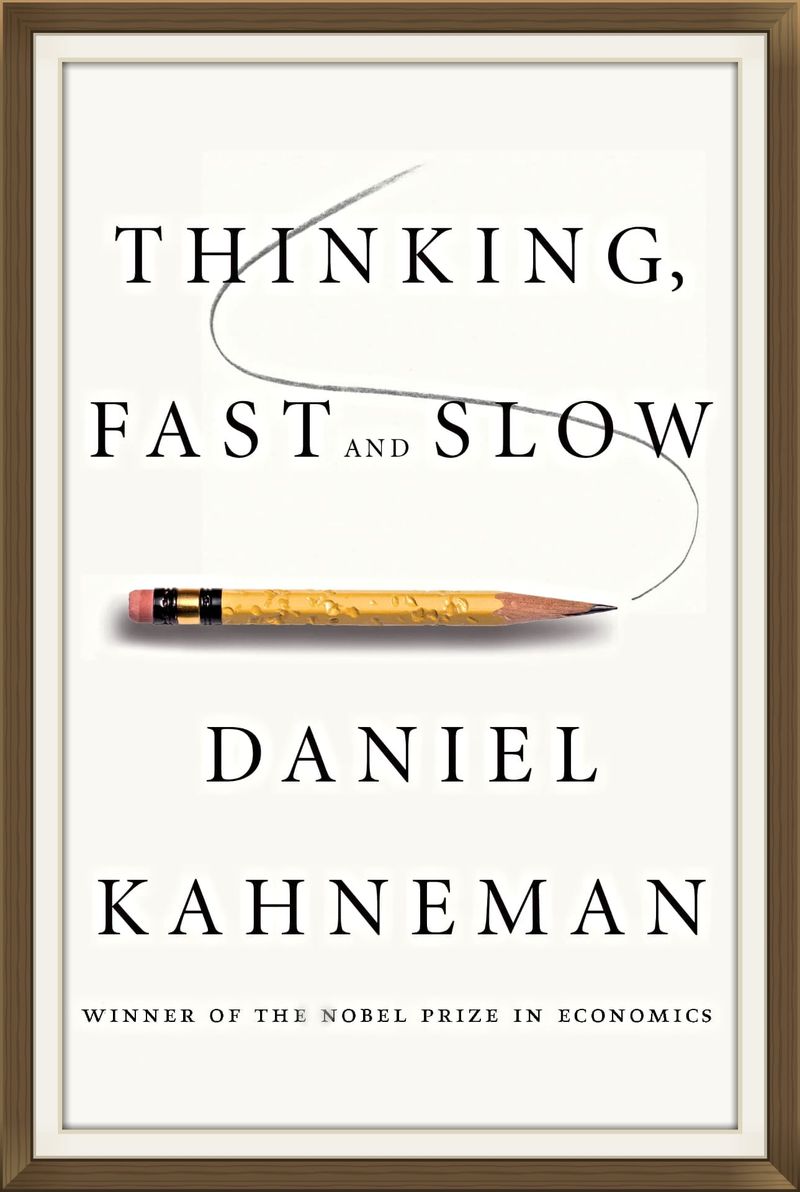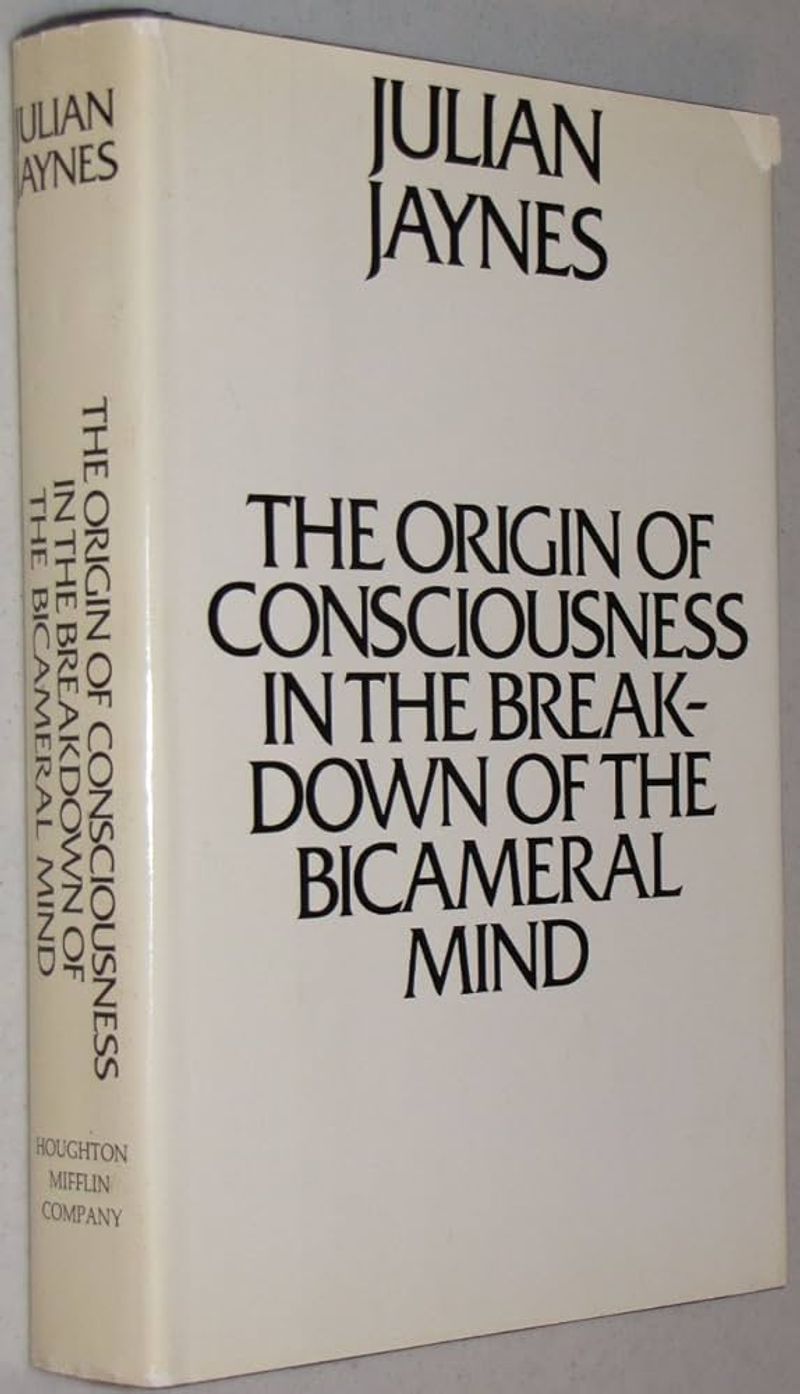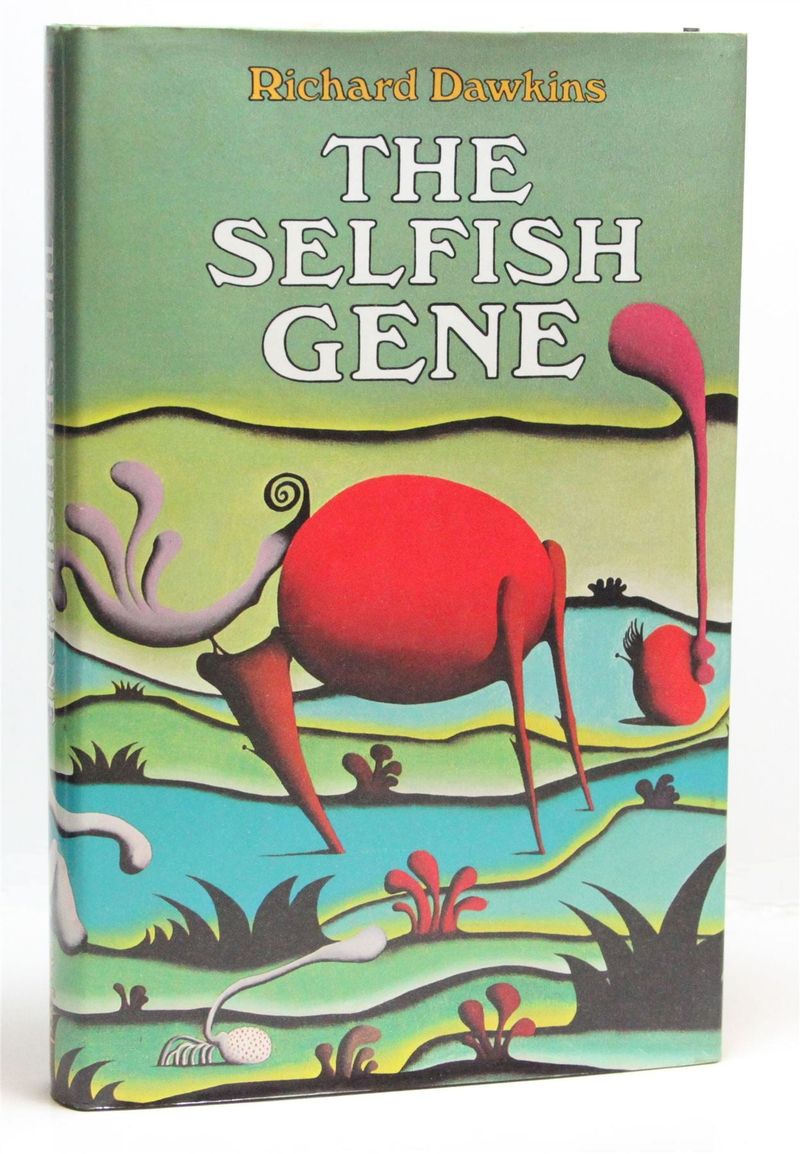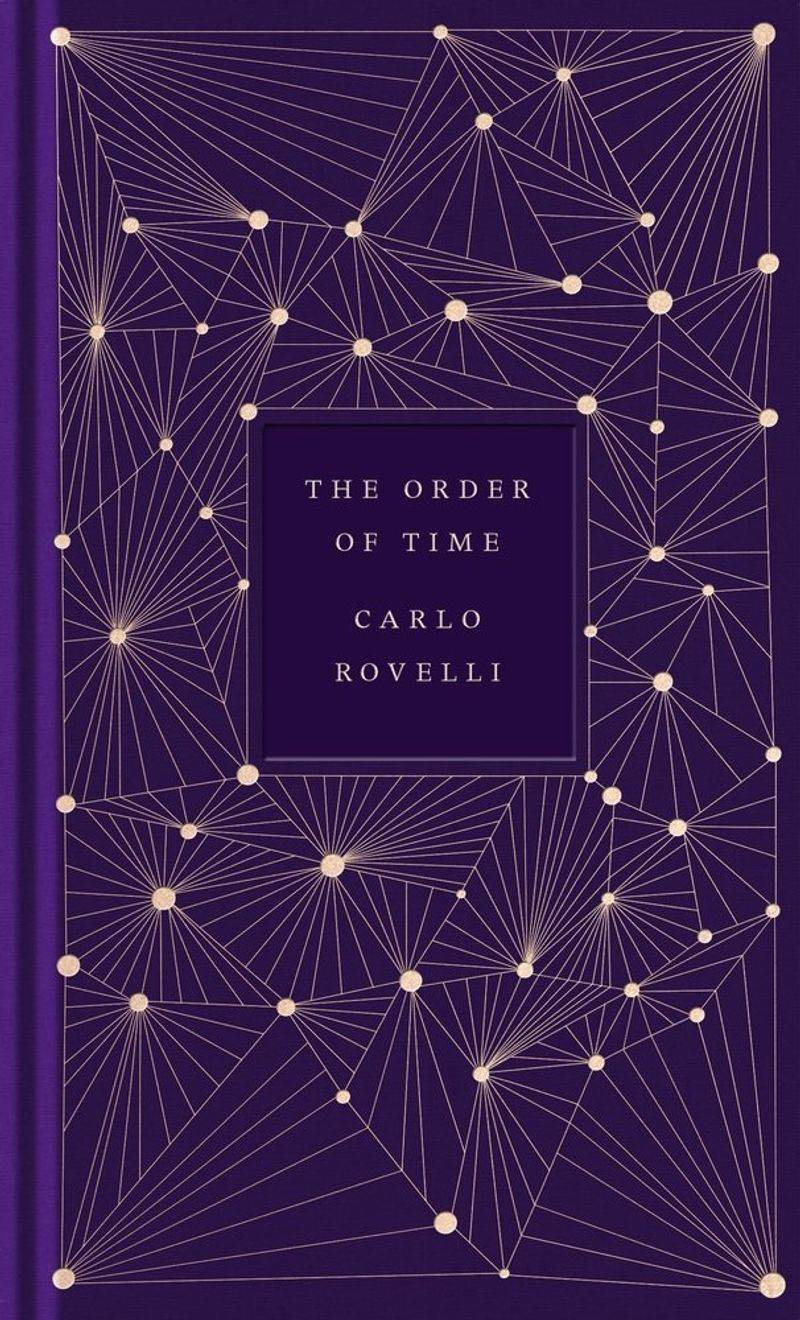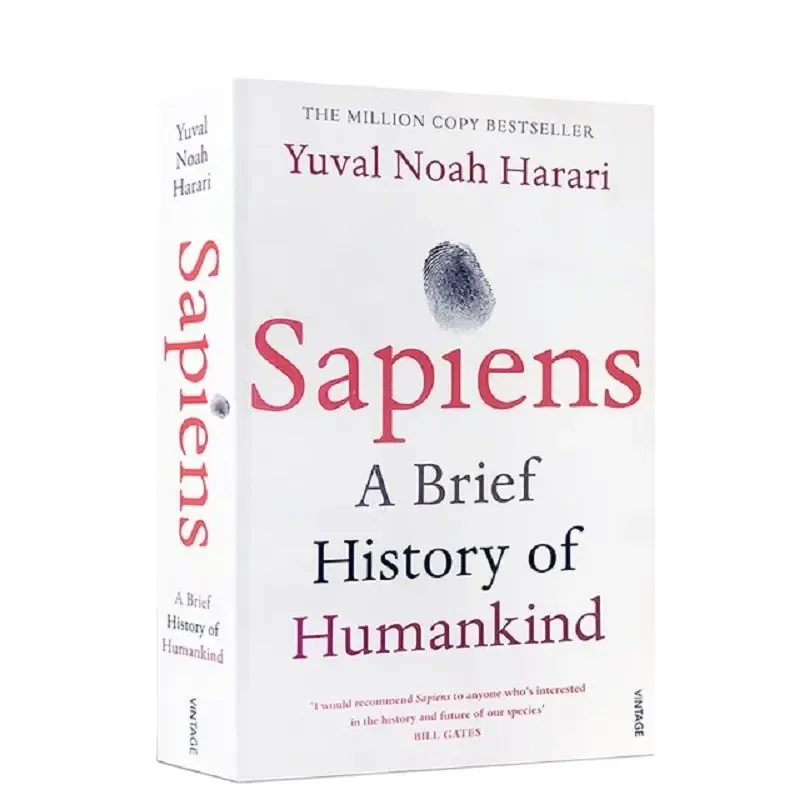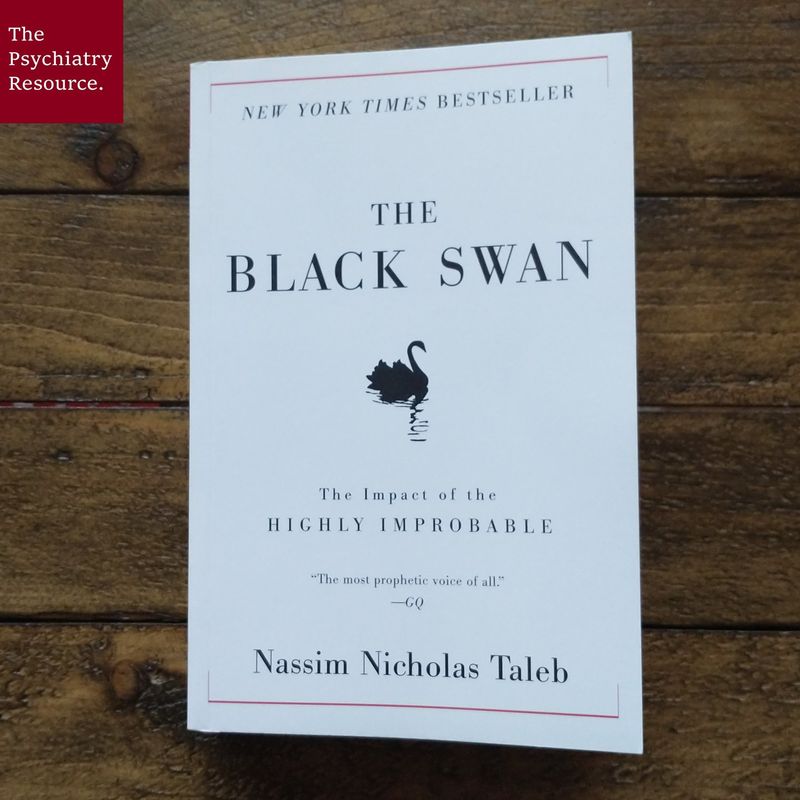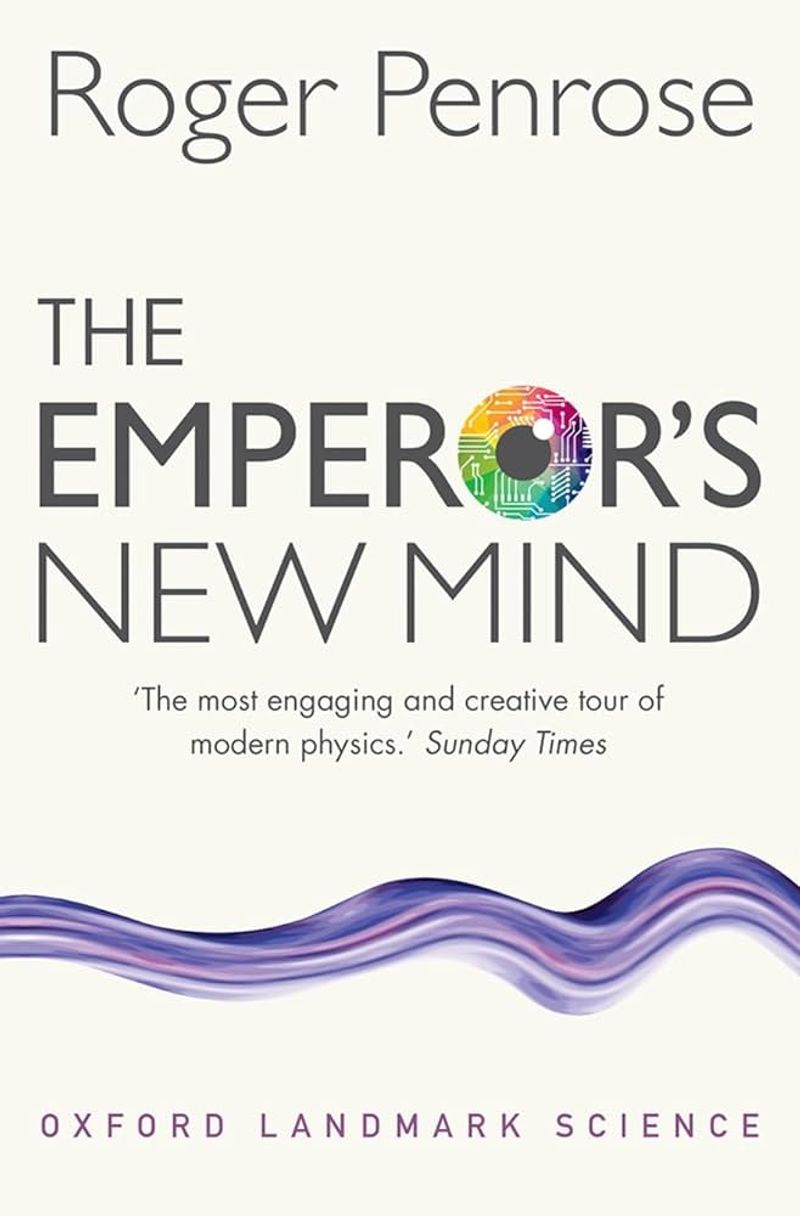Explore the world of intellectual stimulation through these ten remarkable books that have challenged minds and shaped thinking in profound ways. Each book opens a door to new dimensions of thought, presenting ideas that are as captivating as they are complex.
1. Gödel, Escher, Bach: An Eternal Golden Braid – Douglas Hofstadter (1979)
This book weaves a mesmerizing tapestry of logic, art, and music. Hofstadter’s exploration of consciousness through strange loops is mind-expanding. Like Bach’s fugues, the narrative spirals into paradox, reflecting Gödel’s incompleteness theorems. Readers find themselves in a dance of thought, where recursion and symmetry challenge perception.
A journey through intellectual landscapes, this book explores how systems can reference themselves. The elegance of its writing makes complex ideas accessible.
More than a book, it’s an experience that invites reflection on the nature of mind and reality. Genius lies in its ability to blend disciplines.
2. The Structure of Scientific Revolutions – Thomas Kuhn (1962)
Kuhn’s masterpiece redefined our understanding of scientific progress. The idea of paradigm shifts revolutionized how we perceive change in science. His argument is clear: science does not progress linearly but through transformative changes in worldview.
A paradigm shift is not just a new theory but a fundamental change in the underlying assumptions. It makes the reader question what truth really means.
The book is a profound reflection on how scientific revolutions affect the world. It’s a wake-up call for those who see science as a steady march towards truth.
3. Thinking, Fast and Slow – Daniel Kahneman (2011)
Kahneman’s compelling narrative offers insights into the mind’s dual processes. With System 1’s intuition and System 2’s deliberation, the brain becomes a battleground of thought. Cognitive biases like the availability heuristic reveal how even experts can be misled.
His work is a fascinating exploration of the mind’s inner workings. It challenges readers to reflect on their decision-making.
Kahneman’s storytelling captivates, making complex psychology accessible. It’s more than a book; it’s a mirror reflecting our mental pathways, prompting awareness of our cognitive traps.
4. The Origin of Consciousness in the Breakdown of the Bicameral Mind – Julian Jaynes (1976)
Jaynes presents a daring theory: ancient humans lacked self-awareness, hearing divine voices instead. His unique perspective on consciousness challenges conventional thinking.
By examining historical texts, he argues consciousness as a relatively recent development. It’s a revolutionary idea that makes readers question the essence of self-awareness.
The book’s provocative nature invites debate and introspection. It’s an intellectual journey through the past, offering fresh insights into human consciousness. A thought-provoking read that dares to ask if consciousness is as ancient as we believe.
5. The Selfish Gene – Richard Dawkins (1976)
Dawkins’s groundbreaking work redefined evolutionary biology. By shifting focus from organisms to genes, he unveiled a new understanding of natural selection. The concept of memes as cultural genes adds a layer of depth to the narrative.
His writing is both engaging and thought-provoking, challenging the reader to consider evolution from a fresh perspective. It’s a book that reawakens curiosity about the world around us.
The Selfish Gene reveals the intricate dance of life, where genes are the true architects of evolution. A must-read for anyone intrigued by the complexities of biology.
6. The Order of Time – Carlo Rovelli (2017)
Rovelli’s poetic exploration of time challenges conventional perceptions. Through the lens of quantum physics and relativity, he argues time as an illusion. It’s a beautiful blend of science and philosophy, inviting readers to ponder the nature of reality.
His eloquent prose makes complex theories accessible, weaving a narrative that’s both enlightening and thought-provoking.
The Order of Time transcends traditional boundaries, offering a fresh perspective on one of life’s greatest mysteries. It’s a captivating journey that lingers in the mind, questioning the essence of time itself.
7. Sapiens: A Brief History of Humankind – Yuval Noah Harari (2011)
Harari’s sweeping narrative traces humanity’s journey from insignificant apes to rulers of the world. By exploring myths, money, and empires, he reveals the shared fictions that unite civilizations.
The book’s engaging tone and insightful observations challenge perceptions of history and society. It’s a story of human cooperation, built on beliefs that transcend time and space.
Sapiens invites readers to reflect on their place in the grand tapestry of life. It’s a thought-provoking exploration of what it means to be human, offering fresh insights into our shared past.
8. The Black Swan – Nassim Nicholas Taleb (2007)
Taleb’s incisive analysis of unpredictability exposes the flaws in our understanding of rare events. By focusing on black swans, he challenges the assumptions that guide decision-making.
His work is a thought-provoking exploration of risk, urging readers to reconsider how they perceive uncertainty. The narrative is both engaging and enlightening.
The Black Swan is a wake-up call to the unexpected forces that shape our world. It’s an essential read for anyone seeking to navigate the complexities of life with a fresh perspective on the unpredictable.
9. Guns, Germs, and Steel – Jared Diamond (1997)
Diamond’s ambitious inquiry into the fate of civilizations is a tour de force. By examining geography, agriculture, and technology, he reveals the factors that shaped world history.
His narrative is a compelling blend of science and history, challenging the notion of cultural superiority. It’s a book that encourages reflection on the forces that drive human development.
Guns, Germs, and Steel is a thought-provoking exploration of the accidental factors that shaped our past. It’s an enlightening read that offers fresh insights into the complexities of human society.
10. The Emperor’s New Mind – Roger Penrose (1989)
In this groundbreaking work, Penrose argues that human consciousness cannot be replicated by machines. His exploration of quantum mechanics challenges the boundaries of artificial intelligence.
The narrative is both dense and rewarding, offering insights into the nature of thought and understanding. It’s a book that invites readers to ponder the mysteries of the mind.
The Emperor’s New Mind is a profound inquiry into the limits of computation and consciousness. It’s a captivating read that questions the future of AI and human cognition.
